Not everyone grows up with big holidays or a picture-perfect family, but that doesn’t mean your childhood wasn’t solid in ways that really mattered.

Sometimes, it’s only when we’re older that we start to notice the small, everyday things that pointed to a safe, supportive upbringing. You might not have thought much of them at the time, but looking back, they say a lot. If you recognise these signs, chances are your childhood was more emotionally secure and nurturing than you gave it credit for.
1. You weren’t scared of making mistakes around your parents.
 Source: Pexels
Source: Pexels If you could mess up—break something, get a bad grade, forget something—and not immediately fear the worst, that’s a big deal. It meant your parents made room for imperfection without making you feel like a disappointment. That sense of emotional safety doesn’t come from nowhere. When kids aren’t terrified of messing up, it shows they’ve been raised in a space where love isn’t conditional on performance. That’s the kind of foundation that builds real confidence later in life.
2. You actually wanted to come home after school.
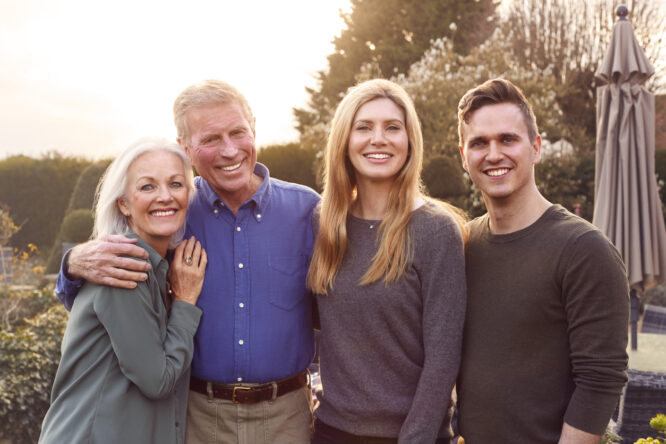
If home felt like a place to relax instead of something to escape, that’s a sign of stability. Whether it was the food, the vibe, or just knowing someone would be happy to see you—it stuck with you, even if you didn’t realise it at the time. For a lot of people, home was stressful or unpredictable. So, if yours felt like a breather at the end of the day, you had something many other people didn’t: a consistent space to land.
3. You were allowed to say no to things.

Whether it was hugging a relative, joining in on something you didn’t want to do, or having a different opinion—you were allowed to set a boundary without being punished for it. That’s massive for developing self-respect and a sense of agency. When kids are raised to believe their voice matters, they grow up knowing their feelings count too. If you got that kind of respect early on, you’re already ahead of the curve emotionally.
4. Your parents apologised when they got it wrong.

It’s surprisingly rare, but if you ever heard one of your parents say, “I was wrong,” or “I’m sorry,” that’s a sign of emotional maturity in your household. It showed you that being the adult doesn’t mean being perfect. Kids remember that kind of accountability. It teaches them not just how to own their mistakes, but that vulnerability isn’t a weakness. It sets the tone for how they’ll handle relationships later in life.
5. You had silly in-jokes or routines.

Maybe it was a weird song you always sang together or a specific way someone made tea. Those little shared moments seem minor, but they actually create a strong sense of belonging and joy. If your family had time to be silly with you, it means things were stable enough for playfulness to exist. That’s often what’s missing in more chaotic or tense homes, where fun becomes a luxury instead of the norm.
6. You didn’t feel like you had to grow up too fast.
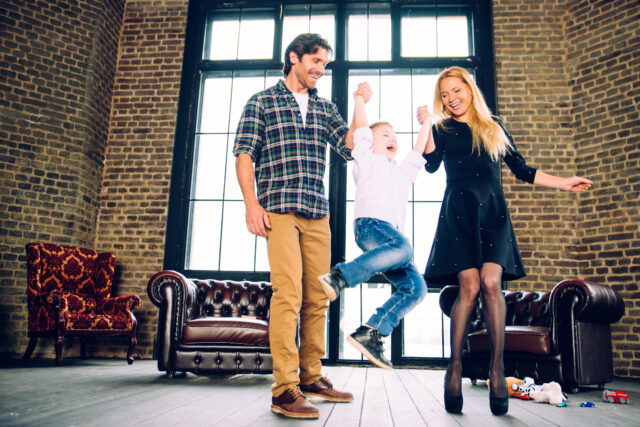
Some kids have to become mini adults before they’re ready—taking care of siblings, managing emotions for a parent, or being “the responsible one” way too early. If that wasn’t your reality, you were allowed to just be a kid. That freedom to play, explore, and be messy without adult-level pressure is a sign that the adults around you were doing their job. You had space to figure things out at your own pace.
7. You didn’t walk on eggshells at home.
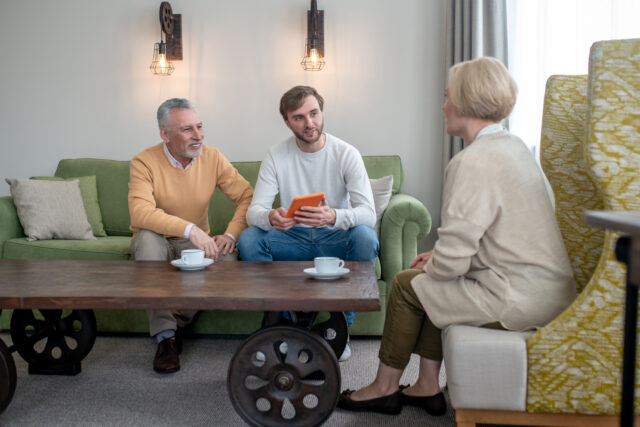
If your house didn’t feel like a minefield where any wrong move could cause a blow-up, that’s a pretty strong indicator of emotional safety. You weren’t stuck analysing moods or bracing yourself for tension. Even if your home wasn’t perfect, being able to relax and trust the emotional temperature around you is something a lot of kids never got. It changes how secure you feel in other spaces, too.
8. You got comforted when you were upset.
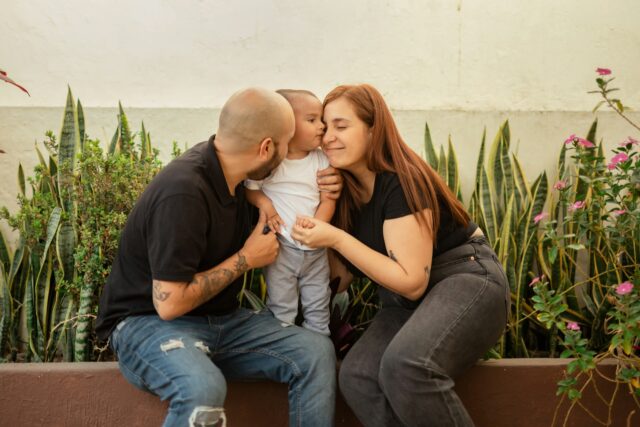 Source: Unsplash
Source: Unsplash If someone hugged you when you cried or talked to you when you were scared, that left a deeper impression than you probably realise. Being soothed teaches you that emotions are manageable, not dangerous or shameful. That kind of emotional presence builds resilience. When you’ve been comforted as a kid, you grow up with more trust in your own feelings—and less shame around needing support.
9. You had meals together (even if it wasn’t fancy).
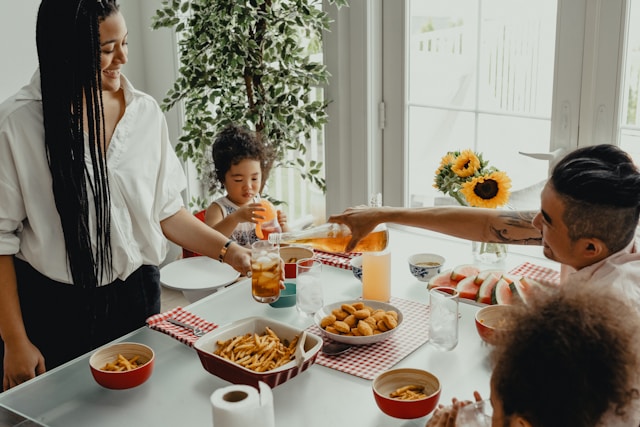
It wasn’t about what was on the table—it was the fact that there was a table to begin with. Shared meals are more than just eating; they’re grounding. They show routine, care, and connection. If you had that kind of consistency, even just a few nights a week, it showed that someone prioritised togetherness, even in the middle of a busy or imperfect life.
10. You were allowed to ask questions.
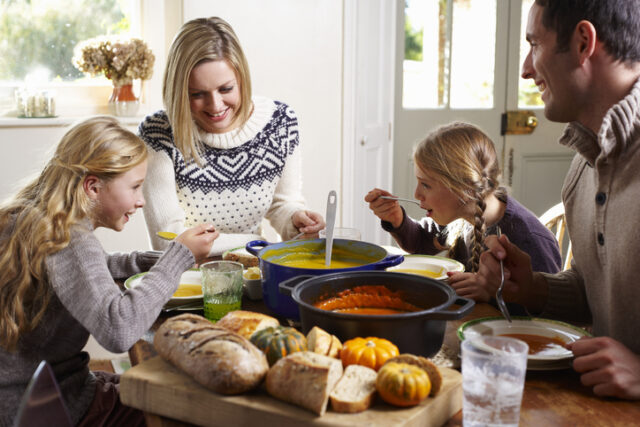
If your curiosity wasn’t shut down or brushed off, you were taught that your thoughts mattered. You weren’t afraid to be “too much” or “annoying”—you were given space to be curious and heard. That early encouragement is what builds confidence in your voice later on. It makes a difference when you’re not made to feel like an inconvenience just for being interested in the world.
11. You weren’t scared of your parents.

Respect is one thing—fear is another. If you didn’t constantly feel like you were walking a tightrope, or worried that love could be withdrawn the moment you did something wrong, that’s a huge sign of emotional security. When parents lead with connection instead of fear, kids grow up feeling safe, not small. That matters more than any rule or punishment ever could.
12. Your interests were taken seriously.

Whether it was a weird hobby, a sport you weren’t great at, or a book obsession—if someone showed genuine interest, that meant something. You weren’t just brushed off or told it was silly. Being encouraged to explore what lights you up teaches you that your identity matters. That kind of support stays with you long after you’ve grown out of whatever phase you were in.
13. You got consistent praise, not just when you achieved something.
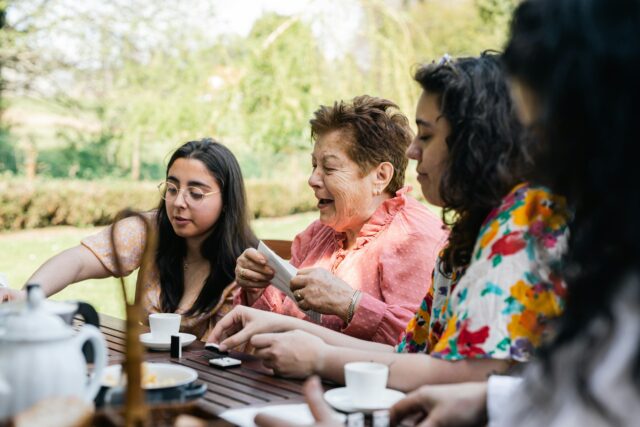 Source: Unsplash
Source: Unsplash If your parents or carers told you they were proud of you just for being kind, helpful, or thoughtful—not just for grades or trophies—that’s a big deal. It showed you were valued for who you were, not just what you did. That kind of love builds self-worth that doesn’t crumble the moment you’re not “winning.” Plus, it sets the tone for healthier self-esteem in adulthood.
14. You had a calm adult you could count on.
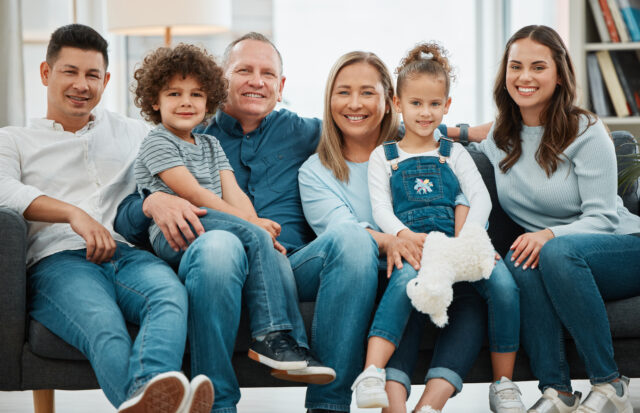
Maybe it wasn’t your parent—maybe it was a grandparent, a teacher, or a neighbour. However, if you had one solid, dependable adult who made you feel safe, that alone can change everything. Consistent care, even from just one person, lays the groundwork for trust. It tells you the world isn’t out to get you, and that there are people who stick around when it counts.
15. You got to play, without pressure.
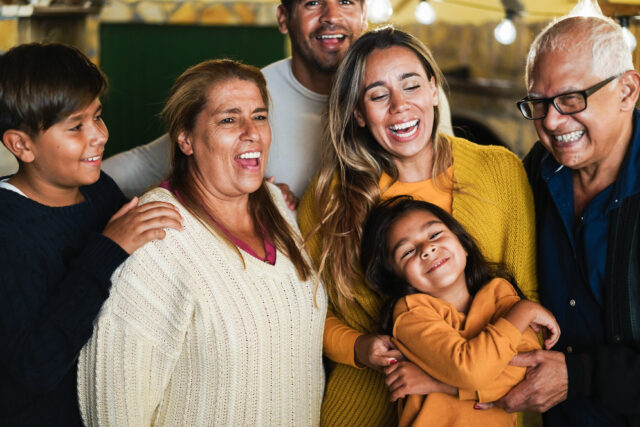
Playing just to play—not to win, perform, or prove something—is a luxury some kids don’t get. If you had space to be silly, creative, or just lost in your own little world, that says a lot. It meant there was enough emotional breathing room in your household to let joy exist for its own sake. That kind of freedom shapes how you approach fun and creativity as an adult too.
16. You can look back and feel warmth, not just survival.

This one’s simple. If parts of your childhood bring a smile, not just a sigh of relief that it’s over, that’s a powerful sign you had something good. It doesn’t mean everything was perfect. But it does mean you were loved in the ways that mattered. Not every moment has to be golden. However, if the good stuff still lingers, and feels like something solid you carry with you now—you probably had a better start than you realised.




